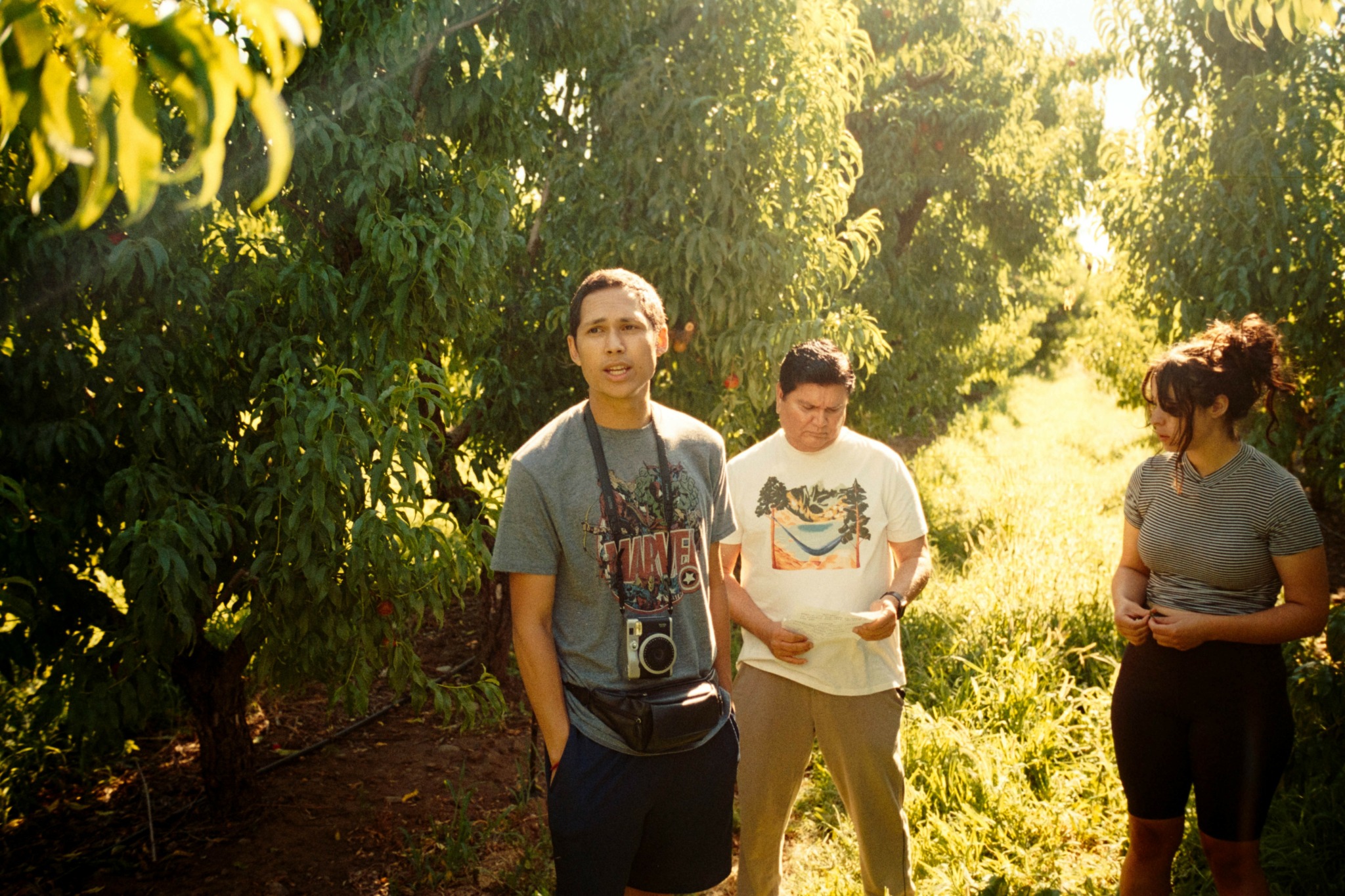Alright – so today we’ve got the honor of introducing you to Jordan Ros. We think you’ll enjoy our conversation, we’ve shared it below.
Jordan, thanks for joining us, excited to have you contributing your stories and insights. Can you talk to us about how you learned to do what you do?
I’ve learned most of what I do on my own. By experimenting and making art. I’m a filmmaker. And most people assume that making a movie takes a whole lot of resources and people. This can be true. In fact, it’s true for most Hollywood productions. But the kind of movies I make are very different. It’s a style of filmmaking that I’ve developed because of my circumstances. I never waited for permission. If I wanted to make a movie, I would just make it. Making films will teach you a whole lot about filmmaking in a way that film school or classes cannot.
It’s not necessarily easy. You need to be consistent. I’m a big believer in discipline. That looks different for everyone. For myself, that means writing everyday. It means drawing everyday. It means doing something creative everyday for the purpose of improving. A lot of indie filmmakers are filled with motivation. Motivation is a great thing. Motivation is when you are in the mood to create. It’s something that comes after watching a good movie. But motivation is also fleeting. Motivation won’t be there for you everyday like discipline. Discipline is ritual and routine. It’s not as fun as motivation. But unfortunately, you can’t write only when you’re inspired because you aren’t always inspired. When you’re stuck on a scene, inspiration won’t save you. Discipline will. It’s also a muscle that you have to use. Otherwise, you wont get stronger. Discipline beats motivation every time.
I think there’s a real hesitation among people who are just learning how to make films. They feel uneducated and unsure about filmmaking. So they second guess themselves. They think that film school or Hollywood has a secret key that will unlock the moviemaking process. I’m not knocking it. I went to film school after all. But I wasn’t confident in myself. In many ways, I’m still not. The difference between me then and me now is that I no longer worry about making movies the “right” way. What’s kept me from learning more is just that. I was too concerned with how Hollywood was doing things. When I was starting out, I thought Hollywood had the answers. I often stopped myself from experimenting because I was too afraid of how a movie “should” be made rather than how I wanted to make one. The sooner you realize that film is no different than painting or playing the piano, the more free you will be and the more you will learn. Nobody tells a kid who wants to be an artist how they should draw. They just tell the kid to draw. But when you say that you want to make movies as a kid, suddenly everyone wants to remind you of all the rules that you “should” follow. It’s all just arbitrary. Make movies how you want to.
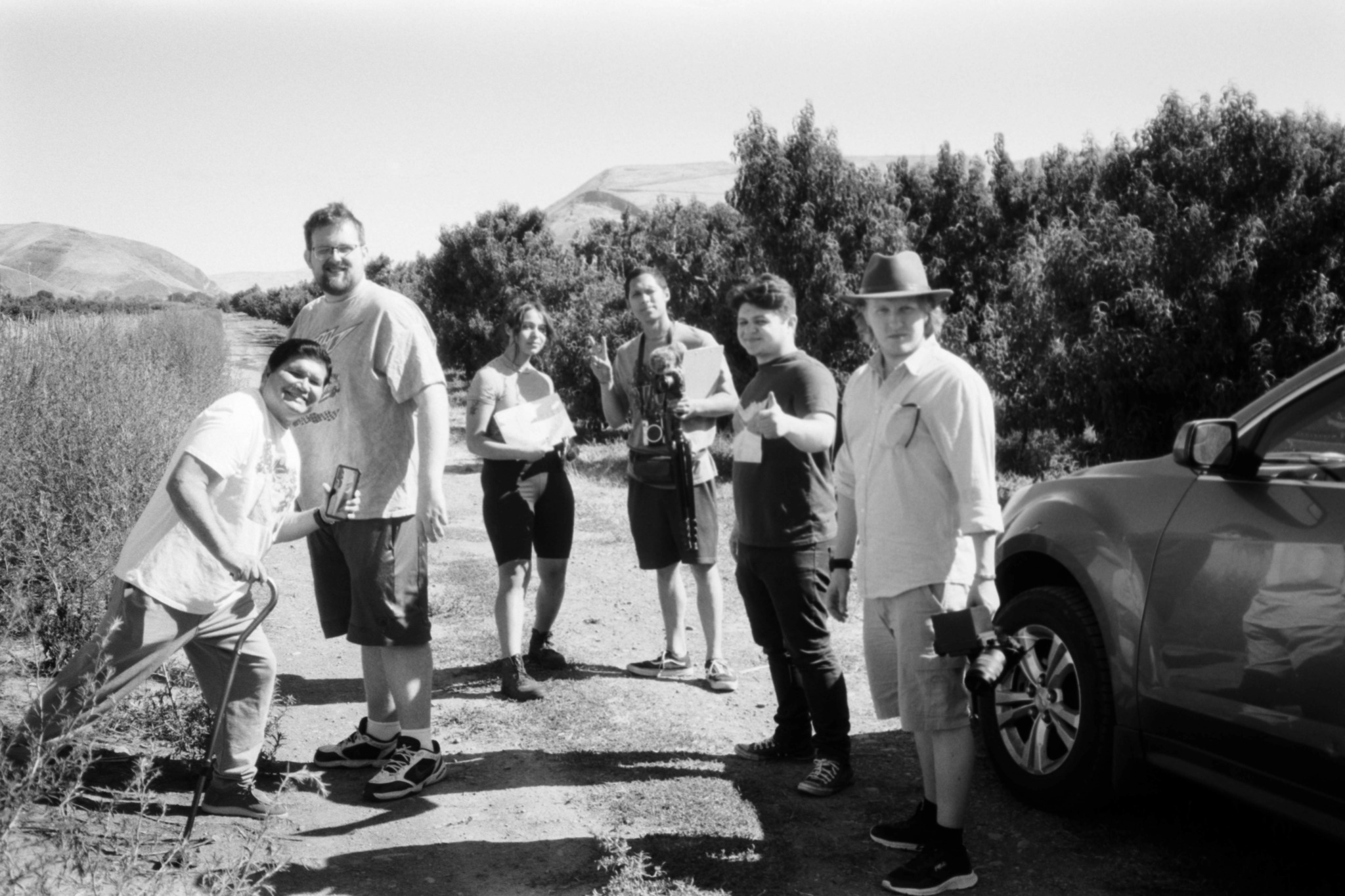
Great, appreciate you sharing that with us. Before we ask you to share more of your insights, can you take a moment to introduce yourself and how you got to where you are today to our readers.
In short, I’m a filmmaker. People might call me an indie filmmaker, no budget filmmaker, DIY filmmaker, folk filmmaker, or a YouTube filmmaker. But at the end of the day, I’m just a filmmaker. Where I differ from most other filmmakers is that I make feature films to be distributed for free on YouTube. I have a channel which I run with my two friends, Ethan Hansen and Zach Hendrix. It’s called Doomed Productions. This is where we post all of our work. We make feature films and educational videos on filmmaking. It’s not something that film schools would recommend you to do. But it’s worked for us. Film schools prefer you to submit to festivals or go work in the industry. We try not to fall trap to the conventions of the industry though. Whether it be how we plan our films, how we make them or how we release them. We exist in our own little island. We’re not the only ones making films this way of course. There are lots of people. But within the city of Portland, it certainly feels like we’re some of the few filmmakers who don’t take much interest in engaging with the “traditional” process of filmmaking.
A lot of filmmaking traditions or rules are often barriers for filmmakers with no money. So we try to find new ways to quickly and cheaply make more interesting movies.
More often than not, this way of filmmaking means that I wear a lot of different hats. I write, I direct, I act, I produce, I compose music, I animate, I do VFX. It’s all par for the course. Maybe there are more efficient ways to do it. But again, it’s worked for me. And it makes my films feel more personal.
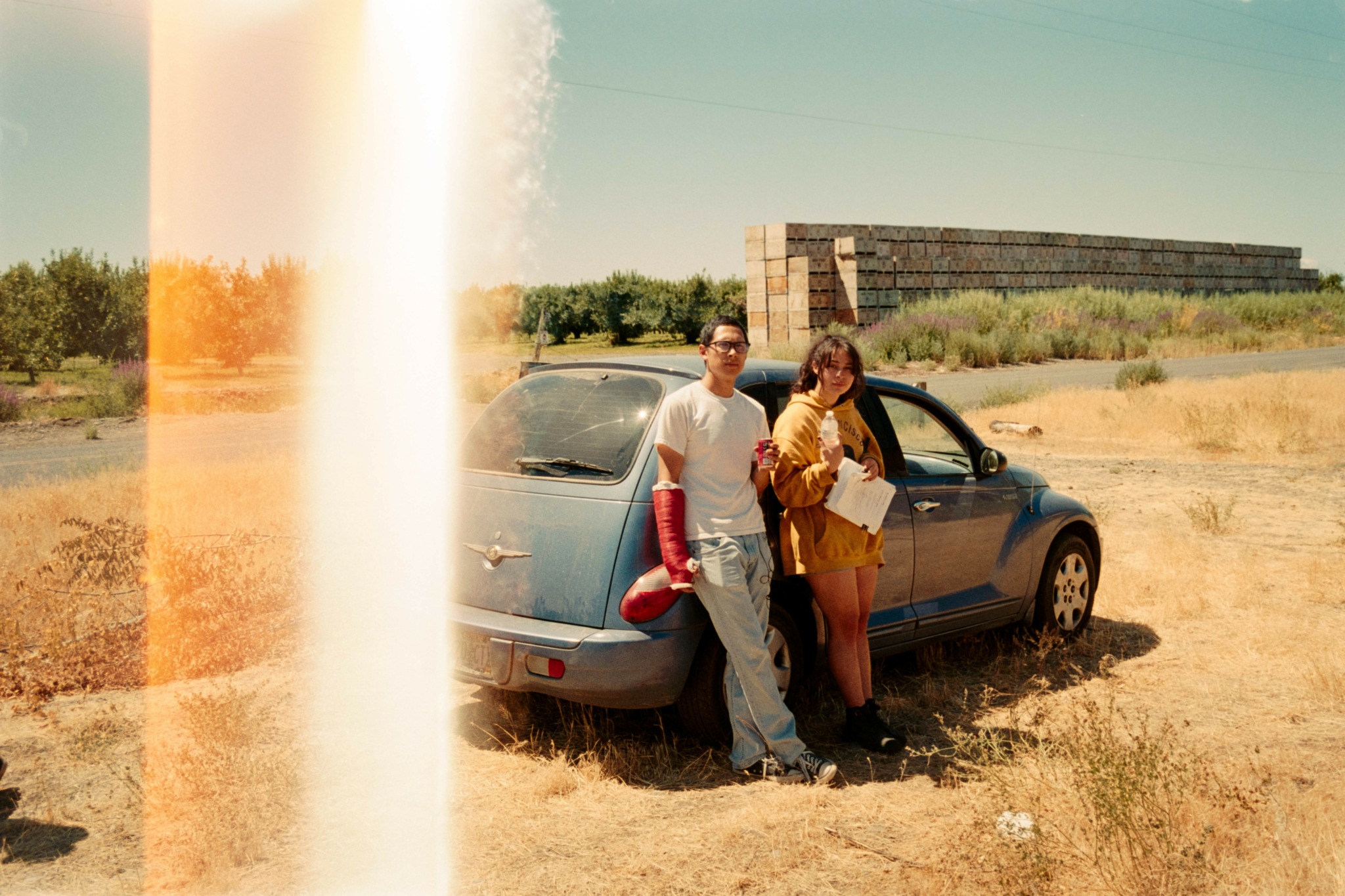
What do you find most rewarding about being a creative?
The process of making art is incredibly rewarding. If people didn’t have to work or make a living, I’m convinced that we’d all create art everyday. It’s in our nature. When you create, you get in touch with what it means to be human.
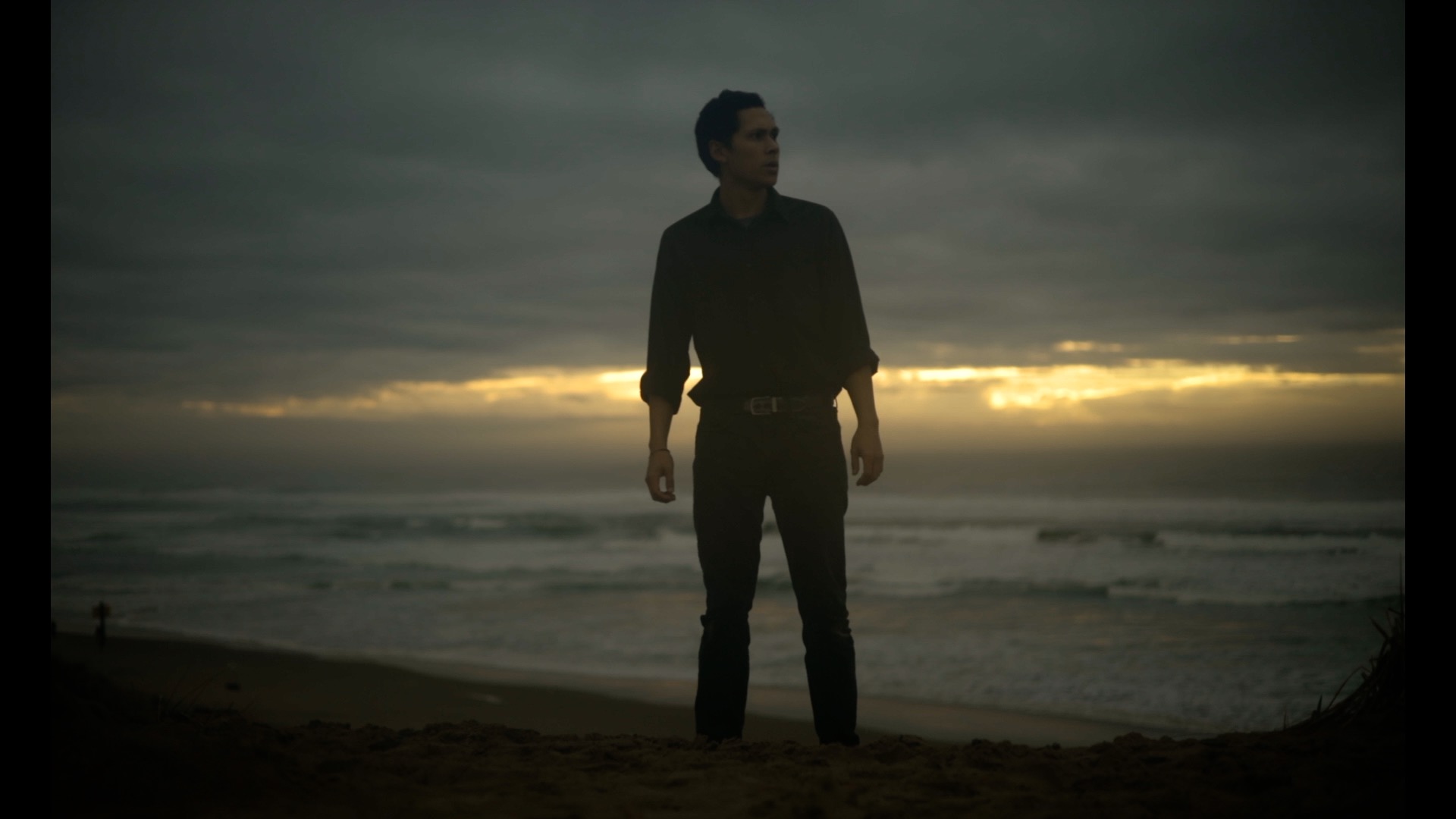
Is there mission driving your creative journey?
Personally speaking, my goal is simple. I want to create works of art that are unique to cinema. I don’t like filmed plays. I couldn’t care less about story, plot, all that stuff. What I care about is the manipulation of time and space through editing. I’ve not always been successful. Most of my films are pretty conventional. But I’m always chasing the idea of pure cinema.
Aside from that, two guiding principles I have are this: Good taste is the enemy of creativity.
Nostalgia is the enemy of the artist.
Contact Info:
- Website: https://www.jordanros.com/
- Instagram: https://www.instagram.com/jordanmros?igsh=MWl6NHgwbDd5bDV1bg%3D%3D&utm_source=qr
- Linkedin: https://www.linkedin.com/in/jordan-ros-28b92a160?utm_source=share&utm_campaign=share_via&utm_content=profile&utm_medium=ios_app
- Youtube: https://youtube.com/@doomedproductions?si=6g-hqBxpMsZWDSTJ
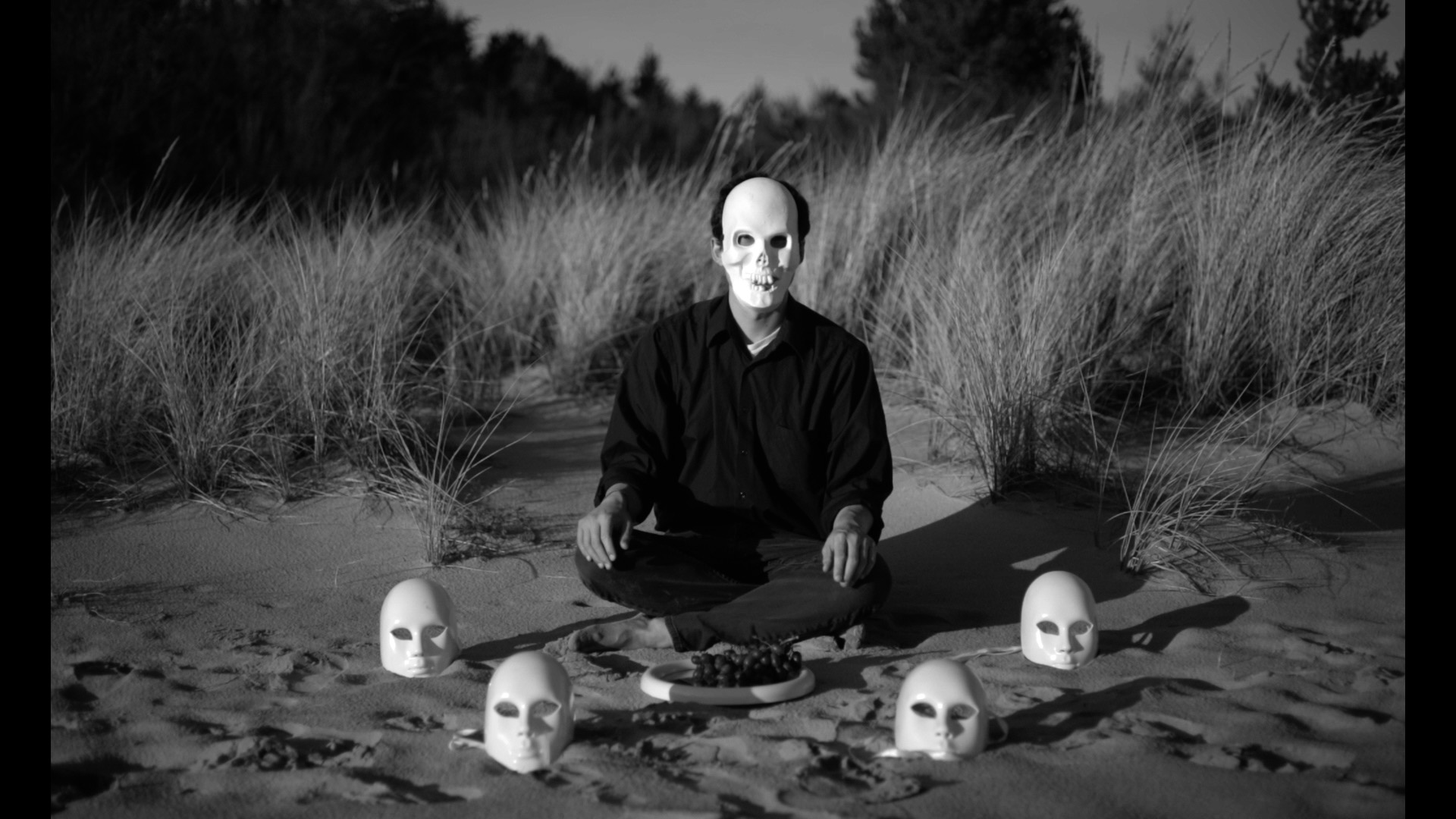
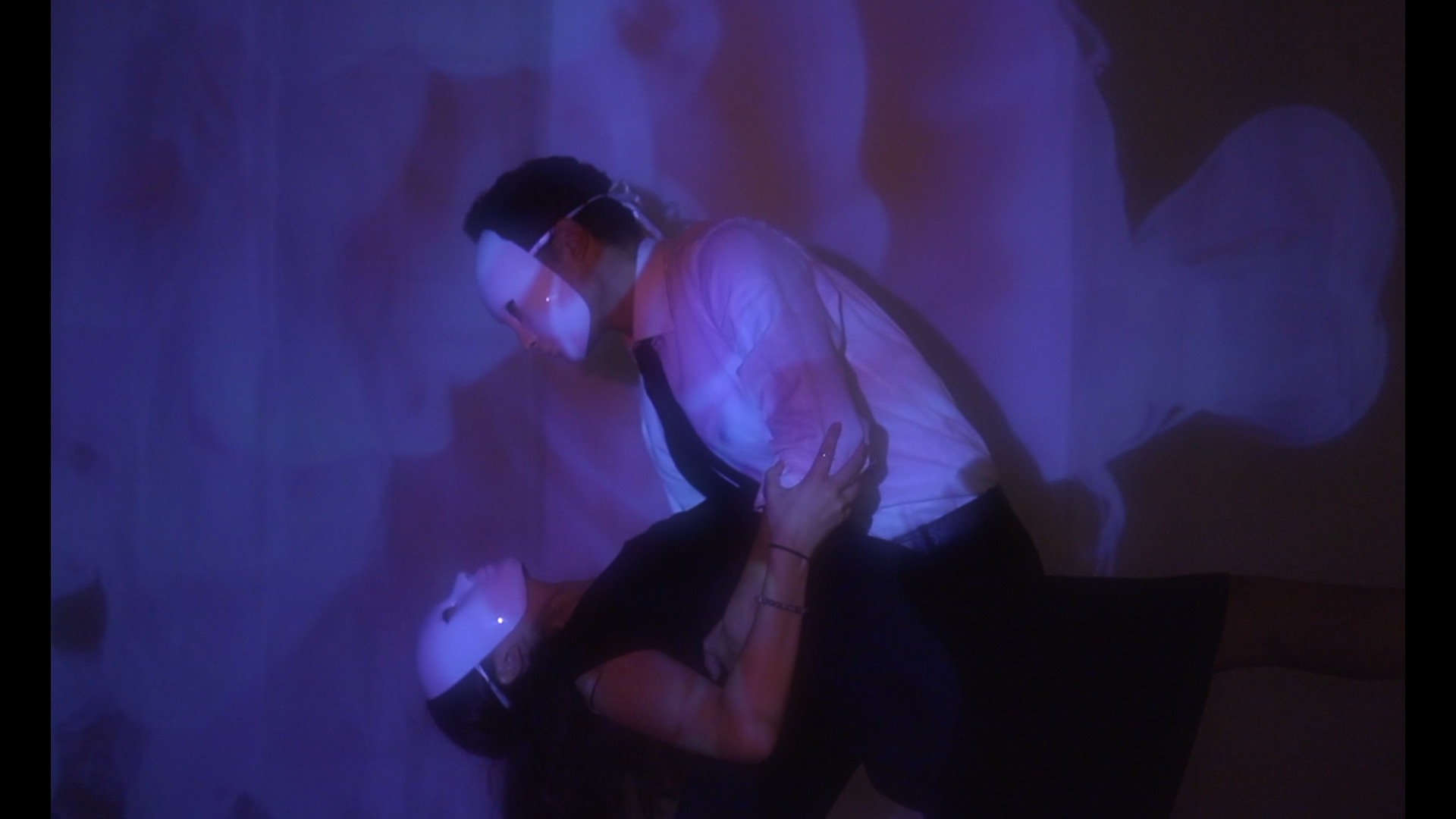
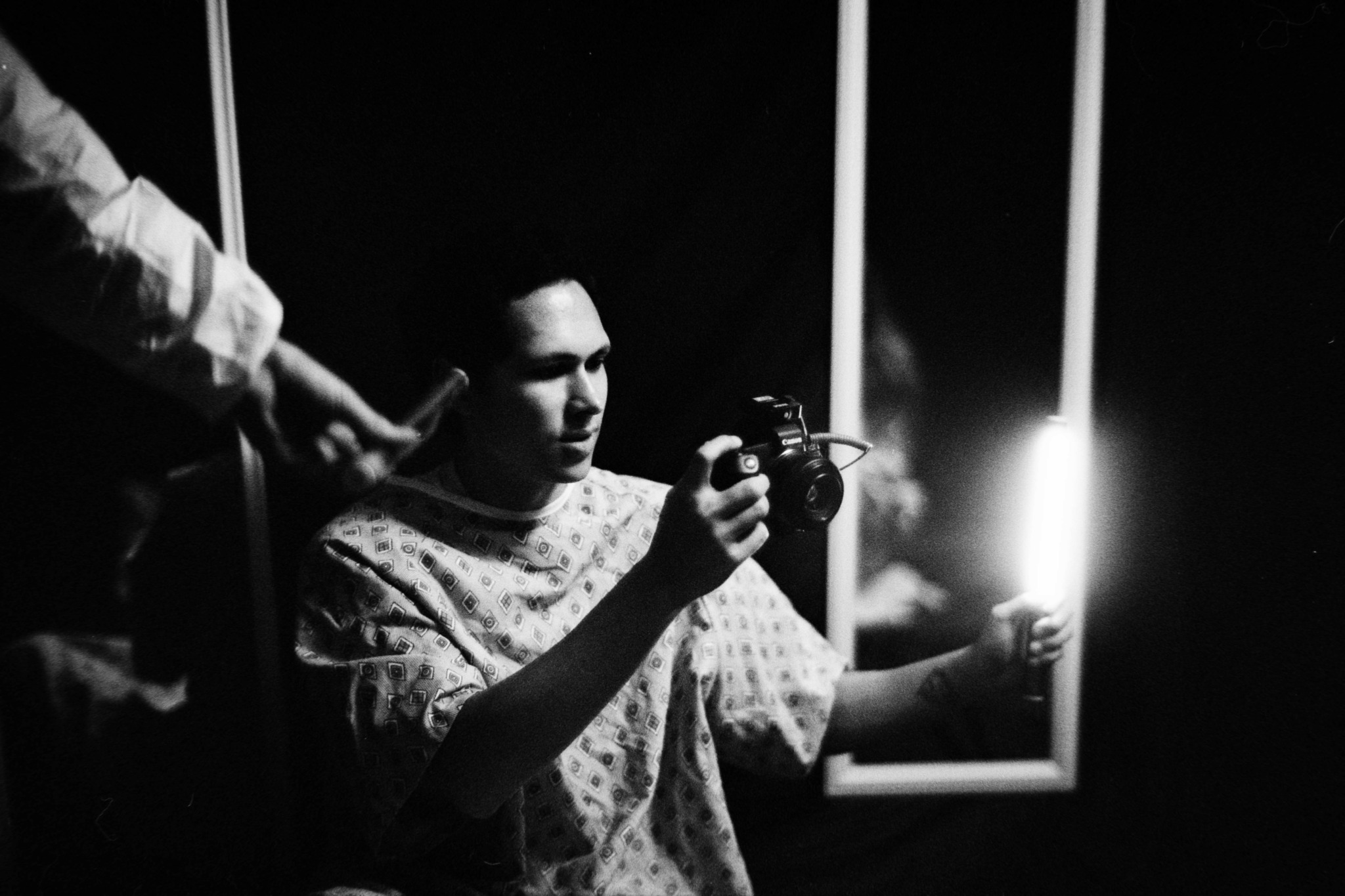
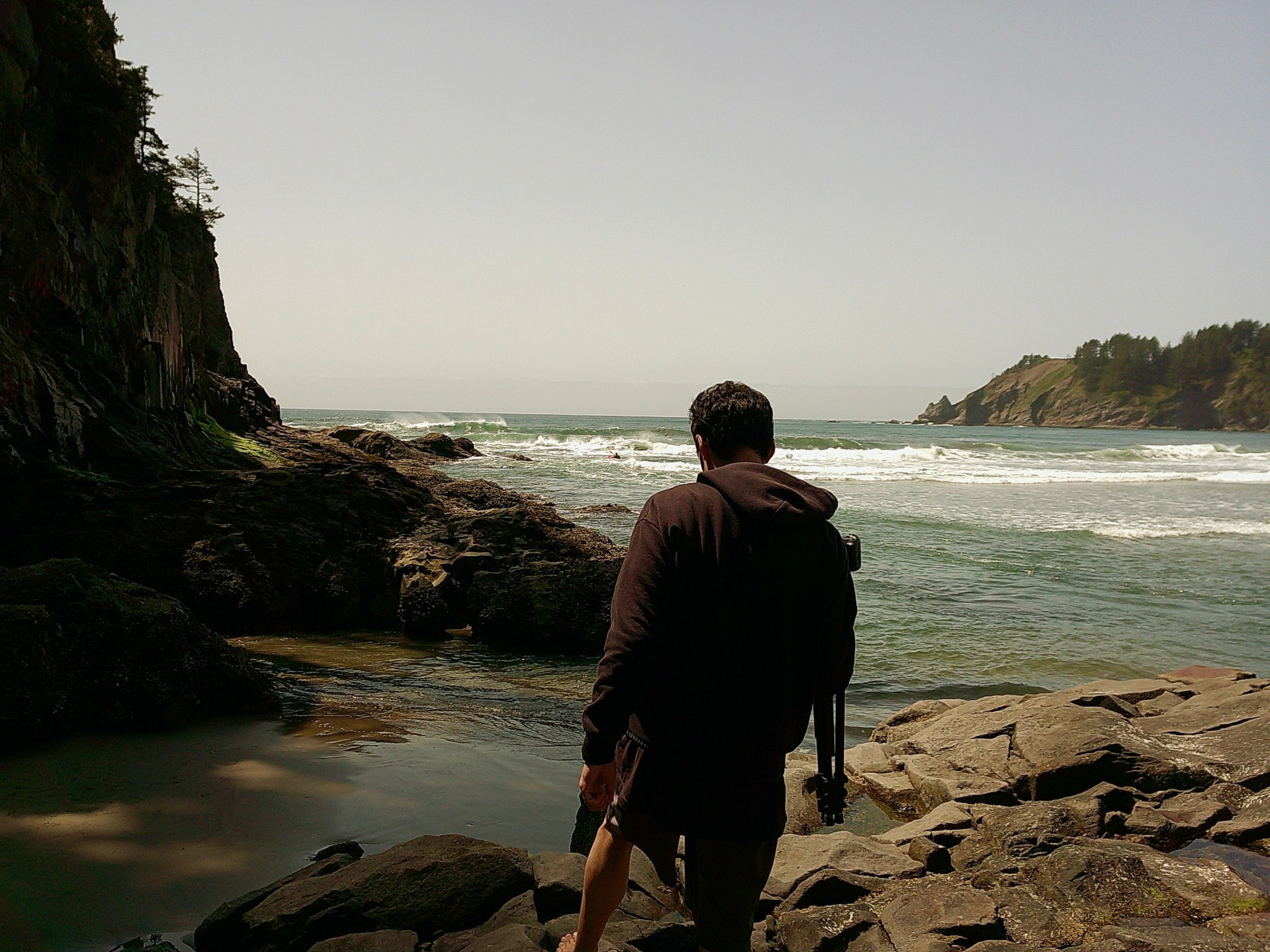
Image Credits
Ethan Hansen, Abbigail McCarthy, Jordan Ros


